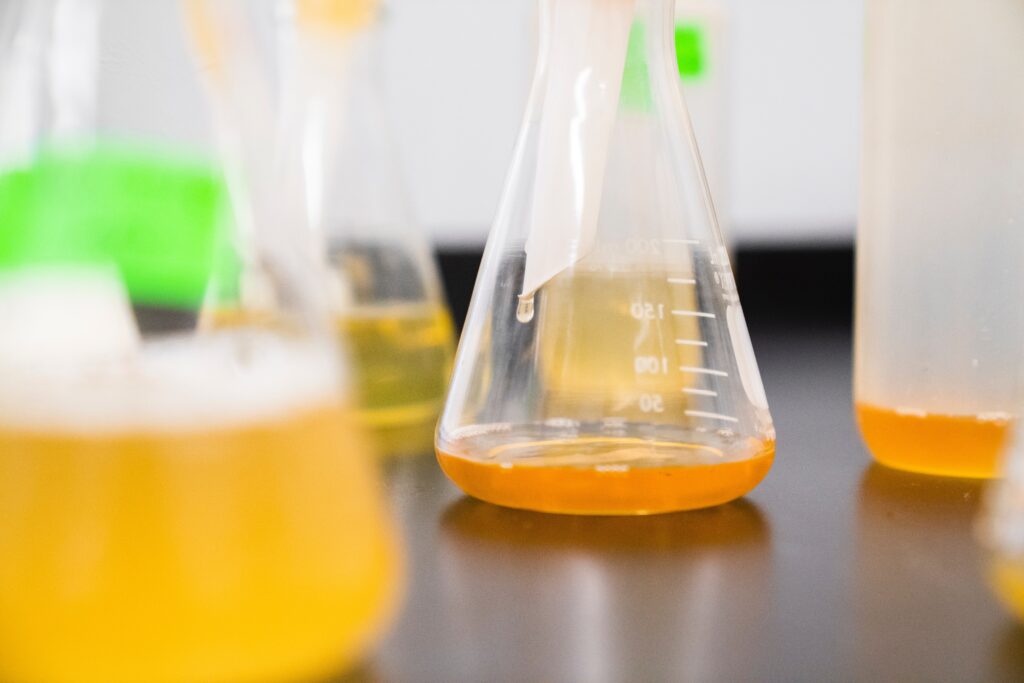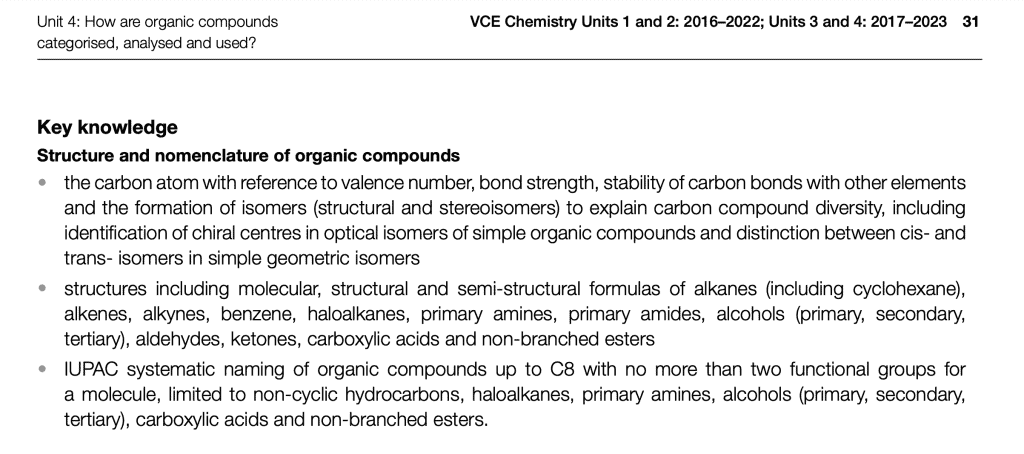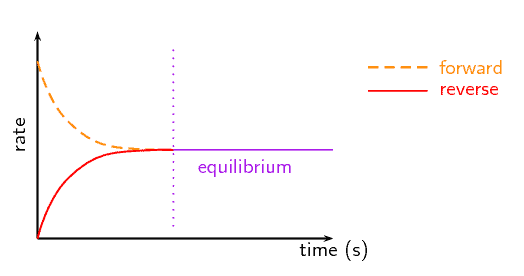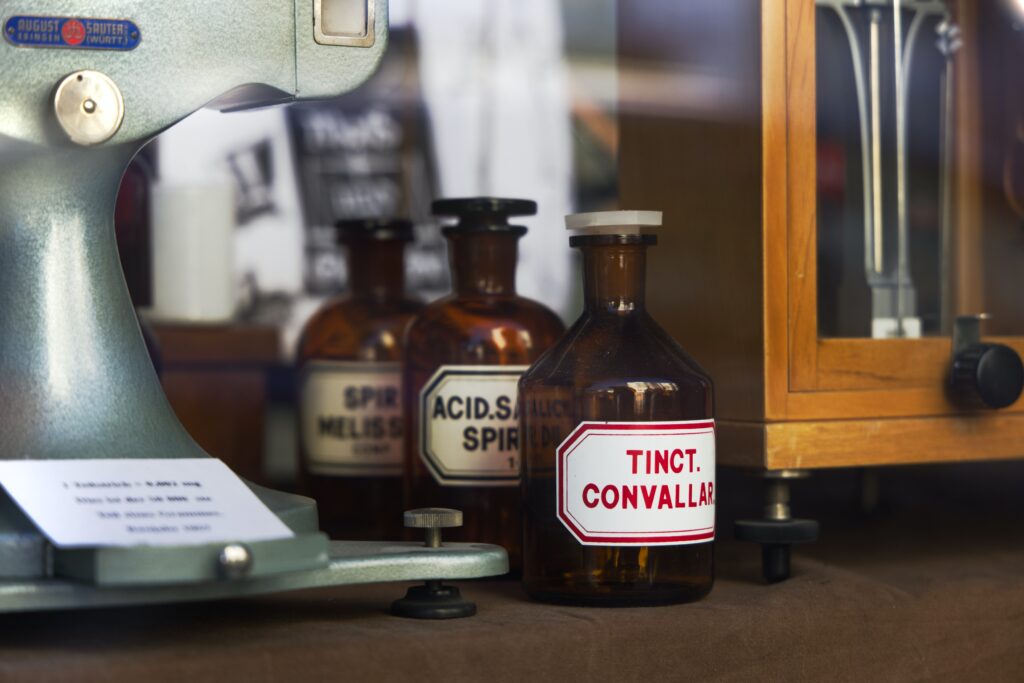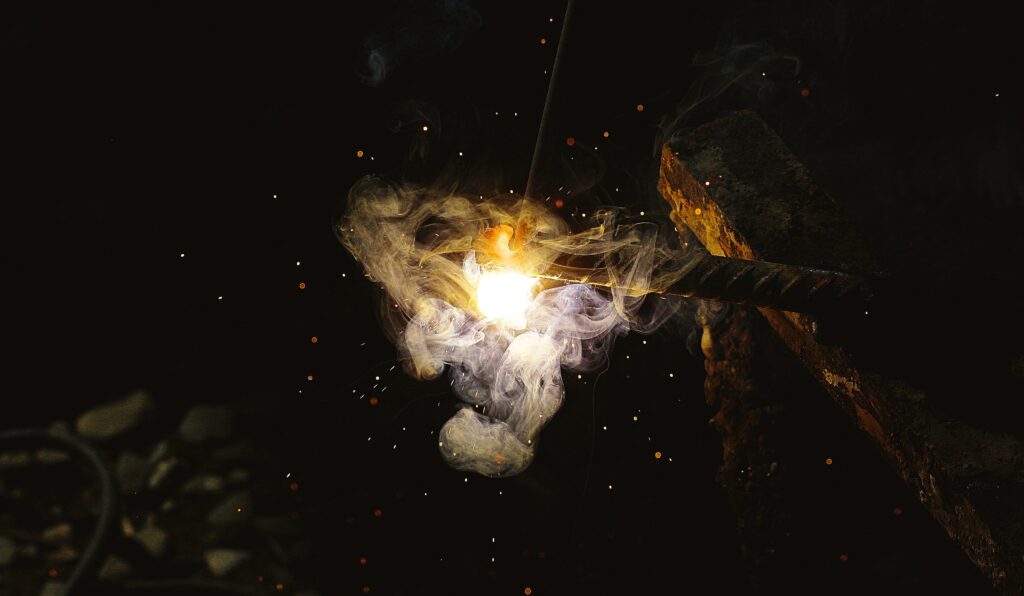Whether you are just beginning Year 12 Chemistry or are nearly done, you should always keep the end of year exam in sight and prepare adequately for it! The End of Year Exams are worth 60% of your study score, so it’s easily the most important assessment that you will do in VCE Chemistry.
To help you out, we’ve got a list of key tips for smashing your Chemistry end-of-year exam.
Let’s dive in!
A Year Before Your VCE Chemistry Exam
Two Months Before Your VCE Chemistry Exam
The Day Before the Exam
During the VCE Chemistry Exam
After the Exam
A Year Before Your VCE Chemistry Exam
Everything you learn throughout the year in Chemistry can be applicable in the end of year exam, so it is imperative that you are constantly learning and revising the content you learn.
This ensures that, by the end of the year, you are not overwhelmed. It is called REvising, not ‘vising’!
Here are 7 steps that we’ve found to be helpful to get through yearly content.
Make sure you don’t miss out any topic in your test and check our ultimate breakdown of the VCE Chemistry study design!
Step 1: Create a Revision Guideline Using the Study Design Dot Points
Following the example below, the first key knowledge area consists of a topic from the syllabus (e.g. structures and nomenclature of organic compounds).
Using this as a checklist is a good starting point to ensure you are covering off all areas that could possibly be covered. This can also be an excellent way to identify any gaps in your knowledge!
Creating an actual table during the holidays before you start each unit is an excellent visual way to tick off areas or content.
Tip: Once you start the unit, fill out each section as you cover it in class.
Key Knowledge from Unit 4 of VCE Chemistry Study Design from VCAA
Your revision guideline for VCE Chemistry might look like this:
| Topic | Have I Revised It? | Confidence |
|---|---|---|
| Carbon Valence numbers | Yes | Good |
| Organic Structures | Yes | Medium |
| Nomenclature of structures | Yes | Good |
| IUPAC Naming system | No | Medium |
| Cis and Trans structures | No | Low |
Step 2: Make a Weekly Study Timetable
Having a weekly study guide ensures that you are able to break down the content into manageable chunks to study.
What we don’t want is a large, overwhelming amount of study at the end of the year. Every individual needs different amounts of time and study for each subject depending on if it’s a strength of yours.
For your VCE Chemistry exam, at least 3 hours of study a week (outside of class time) is recommended.
However, remember that the more organised you are with your study, the less time you will have to take!
Step 3: Have Regular Study Sessions to Revise Previous Content
Chemistry is different to other subjects in that there can be completely different areas of study and topics that are unrelated to each other.
So, it is easy to let a couple of topics slip through the cracks after a few months of not thinking about them.
The best way to navigate this is to have consistent study sessions that revise previously learnt content.
Tip: Timetabling that into your three hours of study per week is a good way to keep ahead of the end of year cram!
Step 4: Review Content You’ve Learnt After School
Revising and reviewing what you learnt at school each day after coming home is the best way to consolidate knowledge.
In 24 hours, many students will forget 70% of the content they learned!
Revising right after the school day also allows you find any gaps of knowledge to ask your teacher about the next day.
It doesn’t have to be a lot of time spent after school, just making sure you do a bit every day will help improve your ability to remember key chemistry concepts dramatically!
Step 5: Make Diagrams, Flow Charts and Graphics Your Best Friend
Visual representations of the content that you learn can be your best friend in Chemistry.
It will not only make sense of the different topics of study you learn, but also be able to replicate it on your exam day effectively.
Creating diagrams also reinforces the content that you learn in multiple ways, making it more likely that you are able to successfully retrieve it when the time comes. Look below to see some examples!
Equilibrium Concentration Graph From Siyavula
Step 6: Clarify Any Uncertainties as Soon as Possible
There is no such thing as a silly question — chemistry is often complicated, so there is absolutely nothing wrong with asking questions to be 100% certain on a topic.
Plus, teachers love when you ask questions!
This will help you consolidate the knowledge you learn as well as ensuring that you don’t waste your time learning and relearning information!
Step 7: Complete a Range of Practice Question Styles
The questions that you find most difficult to answer are the ones that you should put the most amount of effort and practice into.
Practice is the best way to prepare for your exam.
Tip: Working through different styles of questions will ensure that you are prepared for anything that shows up in the exam.
Two Months Before Your VCE Chemistry Exam
Tip #1: Make Sure You’re Well-Balanced Before the Exam
For your end of year exams, understanding the content is just the baseline — you’ll also need a good mindset.
Studying is important, but not at the cost of your health or burning yourself out right before the VCE Chemistry exam!
These are some essential activities for a well-prepped student:
- Getting better sleep
- Meditating
- Exercise
- Spending time with friends
- Participating in your hobbies
If you’ve learnt all the content and only have to revise in the weeks before the exam, that’s one less thing to stress about.
Stressing out the night before your exam? Follow our 5-step routine for the night before the VCE Chemistry exam!
Tip #2: Get Feedback on Your Answers
Asking your teachers for feedback on your answers will ensure that you’re answering the questions the way you’re supposed to be!
Tip: Don’t just make notes on the content — make notes about how to answer the questions.
Tip #3: Don’t Memorise Formulae or Elements
You will be given a formula and data book for the exam that is situated at the back of the exam paper.
While you don’t want to waste time memorising things you don’t need to, you also don’t want to spend your precious exam time searching for the formulae!
So, get used to referring to the VCE Chemistry data booklet and gain a rough understanding of where things are in the booklet.
Tip #4: Ask For Help
Asking your teachers, your school, your friends or your parents for additional support is important.
Particularly with your teachers who have busy schedules, make sure you ask early rather than waiting til it is too late!
Tip #5: Get Through Practice Exams
After covering different types of practice questions, have a go at doing practice exams.
When you get down to timed, full practice exams, try to practise in an environment as close to the exam setting as best you can.
A quiet room, the same equipment (pens, calculator, etc), not checking your phone and even practising at the same time as your exam will all help build a routine that will help you excel when it comes to the real deal.
Tip: Check off two things once — while you do your some practice exams, get used to using the booklet!
The Day Before the Exam
The day preceding your exam day should be easy and relaxed.
Use the night to prepare for the morning ahead, packing all your necessary utensils.
Light revision is fine but try not to do a full practice exam or do whole areas of study.
During the VCE Chemistry Exam
#1: Make Sure to Read Every Question Carefully
A great strategy is to underline or highlight the key parts of each question.
This will ensure you read and answer exactly what you are being asked in the question
#2: Your Length Response is Determined By How Many Marks It’s Worth
Use how many marks a question is worth as a guide to how detailed your answer needs to be and/or how long it should take you to answer it.
There are 120 marks and you have 150 minutes.
For each mark, you have about a minute and a half you can allocate to it. For example, a 4 mark question means you can spend about 6 minutes on it!
Check out our comprehensive list of VCE exams, guides and tips for all subjects!
#3: You Don’t Have to Complete the Questions In Order
It can be good to smash out the questions you are confident with first to ensure that you can bank those marks. Then, come back to ones that you are less sure about later.
#4: Double Check Your Answers With Calculations
With questions that require calculations, ensure that your answer is written in the correct units (if applicable).
Also, stop and think to yourself if the answer you have arrived at is reasonable.
If not, go back and check if you’ve made an error in your process or calculations!
Tip: Working backwards is a great way to double check your solutions and your maths!
After the Exam
Make sure to congratulate yourself for getting through Units 3 and 4 of Chemistry and the VCE Chemistry exam!
Whether you’ve got a couple more exams for the end of your exam period and this is your last exam, congratulations on finishing school and get ready to enjoy the holidays!
Want to know how Chemistry scales in the VCE? Check out our guide to VCE subject scaling!
Are you looking for some extra help with preparing for your VCE Chemistry end of year exams?
We have an incredible team of VCE tutors and mentors!
We can help you master the VCE Chemistry study design and ace your upcoming VCE assessments with personalised lessons conducted one-on-one in your home or online!
We’ve got a team of Essendon tutors to help you ace any subject! We have mentors stationed all throughout Melbourne, including expert tutors in Footscray and VCE mentors in Doncaster!
We’ve supported over 8,000 students over the last 11 years, and on average our students score mark improvements of over 20%!
To find out more and get started with an inspirational VCE tutor and mentor, get in touch today or give us a ring on 1300 267 888!
Joshua Kulasingham is currently a Content Writer at Art of Smart. He completed a Bachelor of Science and a Masters of Occupational Therapy and has written for a variety of charity organisations and has worked for educational resource companies. In addition to this, he has had a variety of tutoring experiences with different students. In his free time, he loves playing basketball, playing the drums and hanging with friends!

